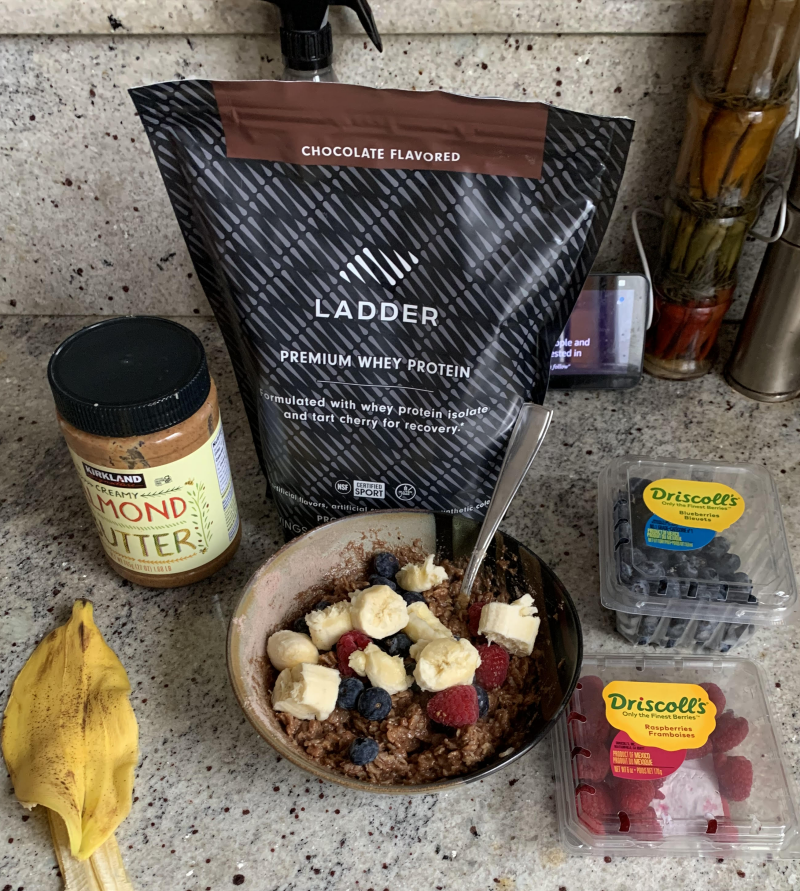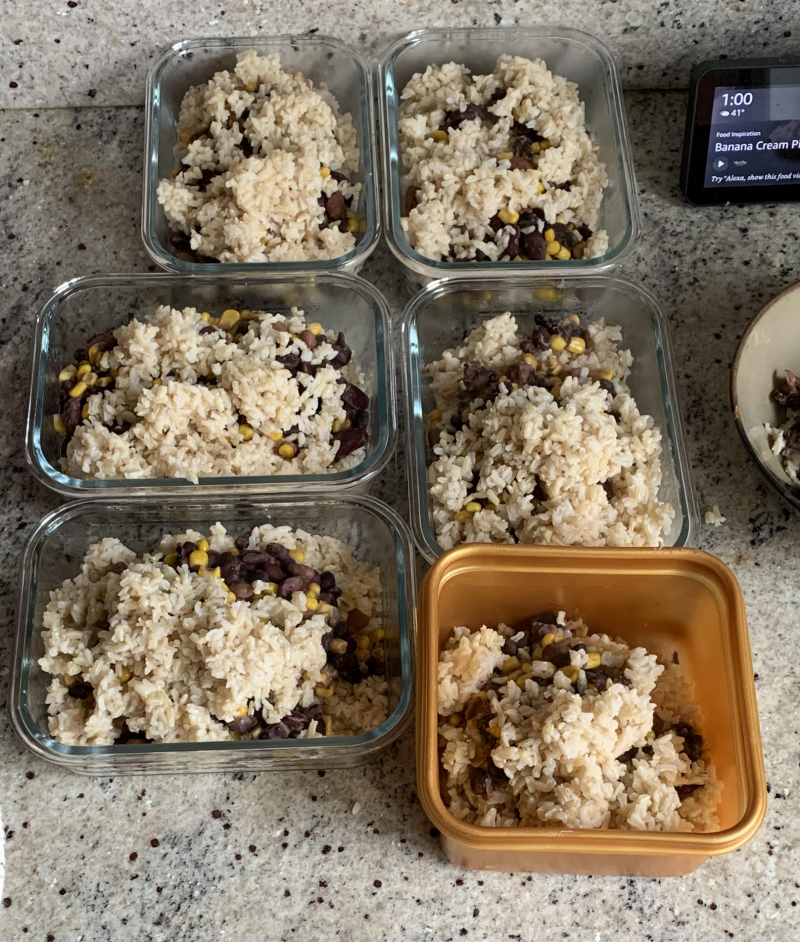One of the most common things that I see and hear when it comes to nutrition and diets is the desire of many to reduce, avoid, or eliminate carbs from their diet. There are certainly people out there that believe that a low carb diet is best for performance (whether athletically or otherwise), but the majority of the time that I hear this sentiment, it is related to an effort to lose weight.
Part of my perspective on this topic likely comes from the fact that I am typically looking through the lens of endurance sports, but I don’t think that is all of it - as far as I can tell, it seems that this all comes down to 3 main things:
- Losing some amount of weight is a goal for many people
- Losing weight requires real change and the process is not easy
- Sustaining a new weight after losing it is even more difficult than losing it in the first place
With that said, reducing carb intake is a common diet or concept that people try because of the difficulty involved in the weight loss process. From a high level, it doesn’t seem like there is a true consensus that there is a “best” diet for everyone – the real question here is whether low carb is better for weight loss?
The first thing that I think is worth talking about are some key concepts about why reducing or eliminating carbs specifically (as opposed to protein or fat), could seem to be extremely successful diet for weight loss, especially in the early days of the transition:
- Water weight loss – a substantial reduction in carb intake will quickly deplete the glycogen in your muscles that are typically used for energy, which can lead to a loss of 5-10 pounds of water from your muscles
- Reducing carb intake can make it easier to eat fewer calories since they tend to be easy to eat in excess, particularly the least healthy types – think fries, chips, or sugar
- There are certainly types of carbs that are less healthy for you than others, not all calories are created equal!
- Eating more protein can tend to make you feel fuller, which can also reduce the number of total calories you’re eating. I mention this because a low carb diet will almost always come with an increase in protein and/or fat.


While all 3 of the points above will make the number on the scale go down, when you look closely – one of them likely is not the type of weight loss you are looking for (water weight vs fat) and the other two are behavioral changes rather than being attributed to the diet itself. Though, not to say that we aren’t ultimately after a behavioral change in the end, it just isn’t a magical effect from low carb as opposed to some other diet. While moving to a low carb diet could certainly help with some of this behavioral change, I think you are ultimately better off addressing the behavior rather than expecting a diet to do this for you.
Personally, I am a big fan of carbs and generally try to get ~60% of my overall calories from carbs to maximize the amount of fuel my body has for the high volume of endurance training that I am doing right now. In the early days of my training, I made a conscious shift towards eating MORE carbs after reading some books like the China Study, Longevity Diet, and Endurance Diet. At the time of reading these books, carbs made up about 30% of my total diet, meaning that I doubled my total intake. I haven’t looked back since making that decision several years ago because I think it had a big impact in improving my athletic performance as well as being a potential factor in some significant improvements in my overall health (cholesterol reduction). Here are some of the reasons that I ultimately made that shift:
- Carbs are your body’s preferred source of energy – especially for high intensity/long duration exercise
- Even during low intensity exercise, which is widely considered the “fat burning zone” it is unlikely that you are ever getting more than 50-60% of your energy from fat
- In addition to that, directly “burning” fat during exercise or a specific time of day does not directly lead to fat loss – your body tries to balance this out over the course of the rest of the day
- For those that are doing long duration endurance exercise, which would typically be anything > 90 minutes, carbs are a much faster source of energy to take in during that exercise to keep you fueled – your typical gel or sugar that you would eat in this scenario can be processed into energy in as little as 3-15 minutes, whereas fat can take as long as 6 hours
- Even during low intensity exercise, which is widely considered the “fat burning zone” it is unlikely that you are ever getting more than 50-60% of your energy from fat
- Eating more carbs will likely come with an increase in fiber intake, which can be good for a lot of different reasons ranging from improved digestion and gut health to blood sugar control
- There is also quite a bit of evidence that shows carbs can be good for reducing the risk of cardiovascular disease, cancer, and other chronic diseases – though this is a lot more complicated than just eating more carbs
The real takeaway here is that, if your goal is weight loss, only controlling for the amount of carbs you are eating is not actually what is achieving the result you are looking for – the actual success is coming from a calorie deficit (eating fewer calories than you are expending) rather than a reduction in carb intake. While there are a few ways that reducing carbs can help with this goal, it is important not to lose sight of this when you are thinking about what you eat each day.
Calories are what is important – as long as you can control total calories, it doesn’t seem that there is much evidence that any one diet is better than another for the goal of weight loss. Specifically, when it comes to athletic goals, carbs are likely your best friend. I have found a diet full of carbs to be successful for me in a lot of ways!
